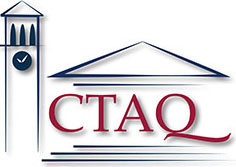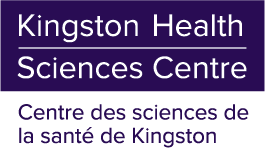SEAMO and its partners, both individually and collectively, are concerned with medical education, basic and applied health research, and the provision of clinical services to the population of Southeastern Ontario.
The role of the Clinical Teachers’ Association of Queen’s University (CTAQ) is to advance and promote the welfare of teaching clinicians in hospitals associated with Queen’s University. As a signatory to the SEAMO agreement, CTAQ is an active participant in the governance of SEAMO, and represents the interests of physician faculty members on the SEAMO Governing Committee and its subcommittees. It also elects representatives from Queen’s to the Academic Medicine Forum of the Ontario Medical Association. CTAQ is governed by an executive, elected from among its members. CTAQ also retains an ombudsperson, whose role is to provide counsel and support for member physicians in disputes that may arise from their roles in clinical/academic departments or with the teaching hospitals.




